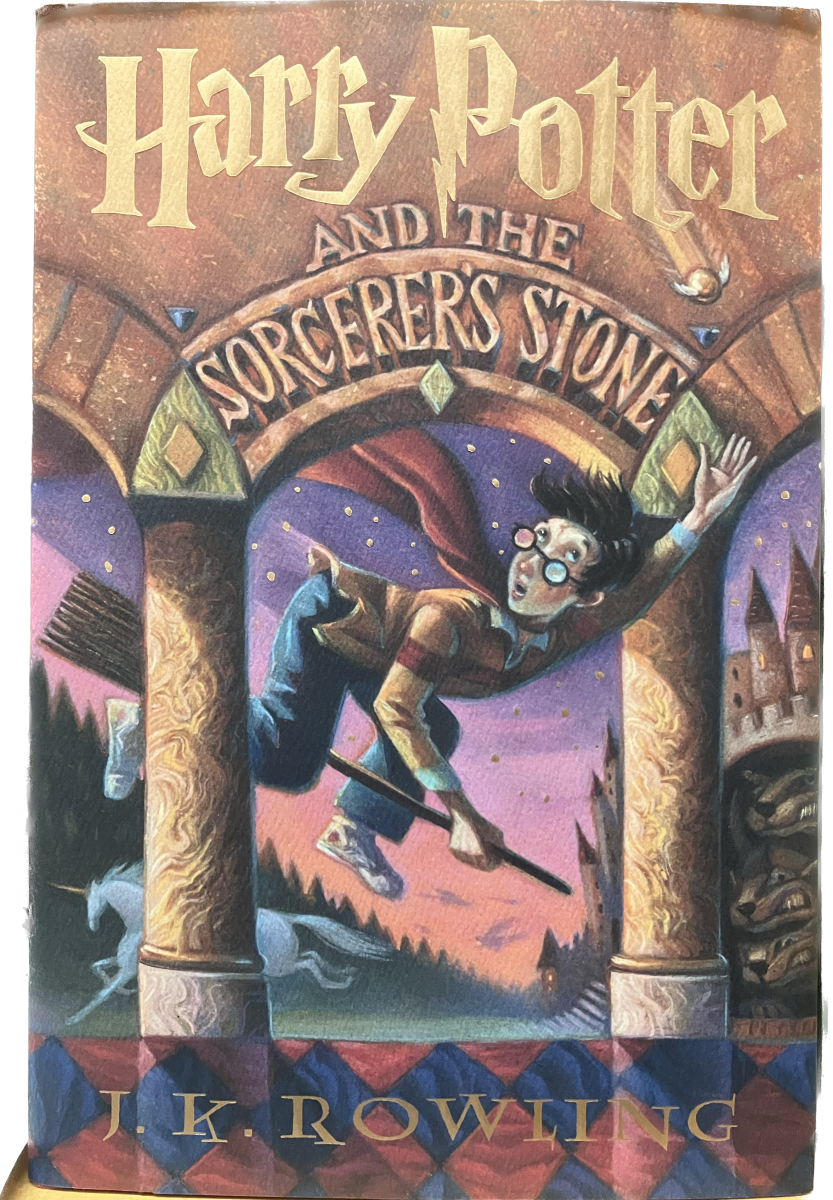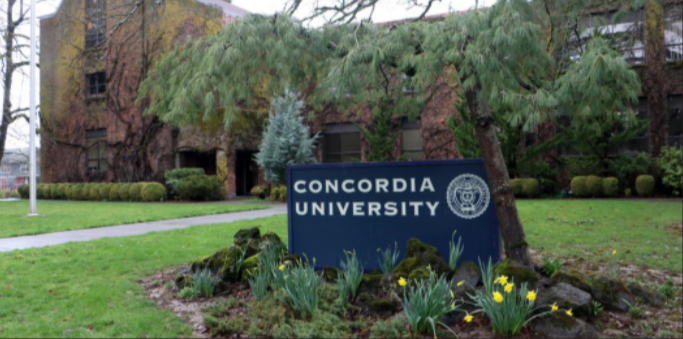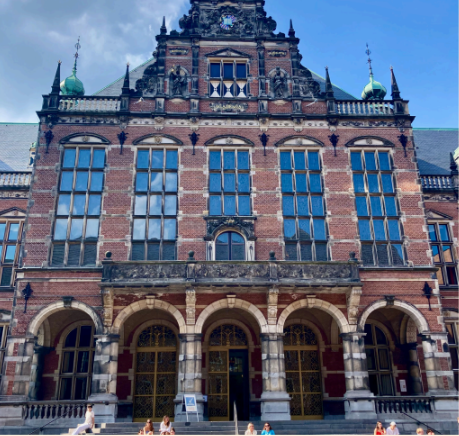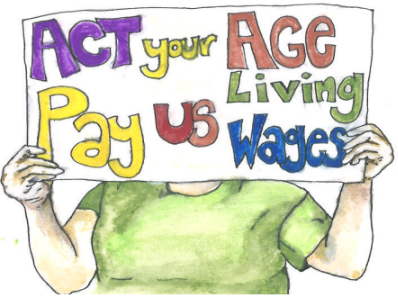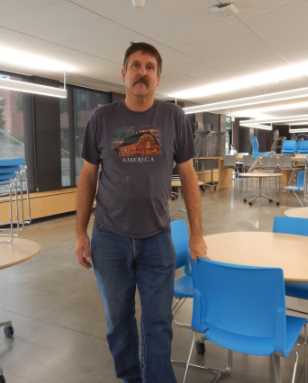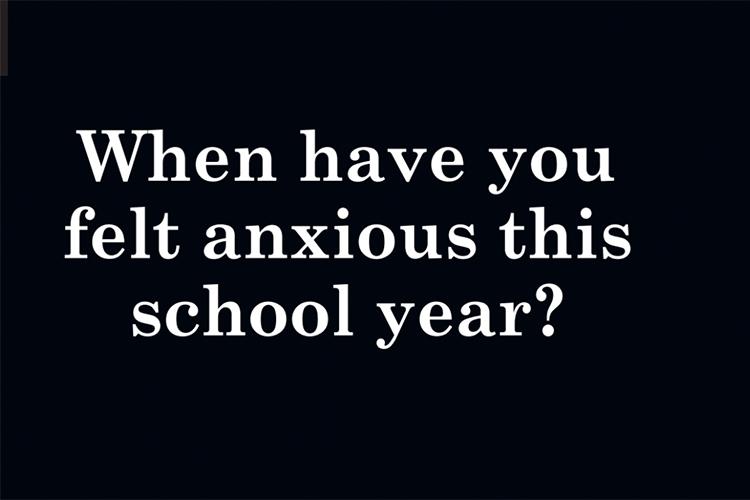Russell Peterson (he/him)
“Harry Potter” by J.K. Rowling
“(J.K.) Rowling got the relationships between young people right … the rollercoaster of emotions of adolescence right and the struggle (of) balancing social and personal demands with academic life (right). And for me, as a teacher, the change in perception of teachers as the students mature through the series of books (was right).”
Jesse England (he/him)
“The Undercommons” by Stefano Harney and Fred Moten
“(The Undercommons) emphasizes the relevance and importance of informal learning environments and questions the structure of post-secondary education. A must-read for anyone who will enter academia in any form of participation.”
Michael Williams (he/they)
“The Nickel Boys” by Colson Whitehead
“(The Nickel Boys) tells dark truths; it’s a good read that tells truths about abusive systems.”
Melody Rockwell (she/her)
“Demian” by Hermann Hesse
“I read (Demian) when I was 16 and it made me feel seen as a human being. It is the story of a young person’s loss journey and growth to maturity, while choosing their own path and being the primary agent in their own life.”
Jennifer Loebs (she/her)
“Deaf Utopia” by Nyle DiMarco and Robert Siebert
“(Deaf Utopia) raises awareness about deafness and the Deaf community/culture. Reading about an often overlooked, misunderstood, oppressed, minority population is critical for hearing people to be ally’s (sic). The telling of (Nyle DiMarco’s) life story amplifies his struggles and achievements in education, career and personal life … He is an inspiration for any person who has ever been underrated and counted out.”





























